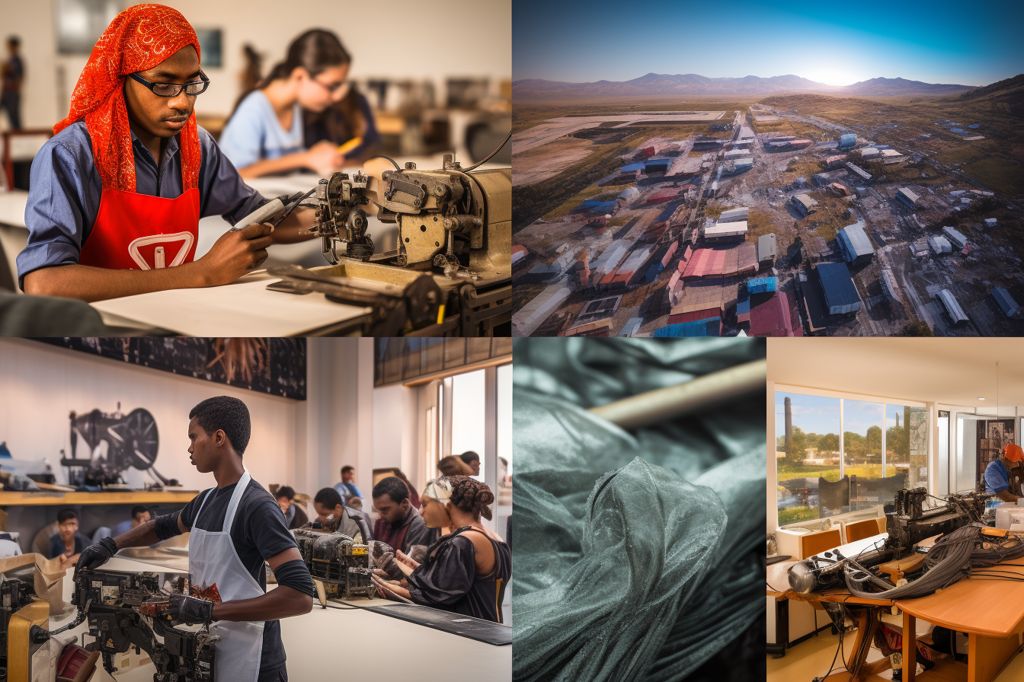Technical and vocational education and training (TVET) in South Africa dates back to the 1800s when technical education was in high demand due to the country’s industrial development. Over the years, several government policies have been implemented to transform and strengthen the TVET sector to meet the needs of a rapidly evolving job market.
Building a Sustainable TVET System
Today, the TVET sector in South Africa is making significant progress as the government, educational institutions, industry partners, and other stakeholders work together to build a sustainable and effective system. The National Development Plan (NDP) aims to produce 30,000 qualified artisans per year by 2030.
Initiatives to Strengthen the TVET Sector
Various initiatives have been put in place to strengthen the TVET sector, including the establishment of Centres of Specialisation (CoS) and trade test centres. Currently, there are 34 CoS at 27 TVET colleges, with 16 of these colleges having 33 trade test centres. Additionally, 26 TVET colleges are engaged in entrepreneurial training through Entrepreneurship Hubs.
Improving TVET Infrastructure
The TVET infrastructure has also been improved, with over R3.701 billion invested in maintenance and repairs and the construction of nine new TVET college campuses at a cost of R2.6 billion. This investment has expanded access to technical and vocational education, especially for students in rural areas.
Importance of Curriculum Transformation
To fully unlock the potential of the TVET sector, a comprehensive curriculum transformation is necessary. TVET colleges must align their curricula with the changing needs of industries and society, incorporating emerging technologies and 21st-century skills, such as critical thinking, problem-solving, creativity, adaptability, and digital skills.
Collaboration and Professional Development
Industry involvement and collaboration with educational institutions are crucial for successful curriculum transformation. Leaders within the TVET sector must be prepared to face the challenges of curriculum change, and there must be ongoing professional development of college staff. The government must also ensure that TVET curricula allow for articulation between different levels of occupation and access to further studies.
Ambitious Targets for TVET College Enrolments
To drive TVET curriculum transformation, the government has set ambitious targets for TVET college enrolments, aiming to enrol 640,000 students by 2025/26, with a long-term goal of 2.5 million enrolments by 2030.
Importance of BRICS TVET Cooperation Alliance
The recent BRICS Summit held in South Africa has underscored the importance of TVET systems for skills development cooperation among BRICS countries. The government is committed to implementing the Charter of the BRICS TVET Cooperation Alliance, which will further enhance collaboration in technical and vocational education and training.
The TVET curriculum transformation in South Africa is crucial for unlocking skills development for the modern economy. By aligning TVET programs with industry needs, integrating digital skills, and fostering entrepreneurship, the government aims to equip young people and adults with the knowledge and competencies necessary for gainful employment and improved quality of life. A well-resourced and relevant TVET sector can be built to meet the needs of all South Africans, particularly the youth, through collaboration and continued efforts.








